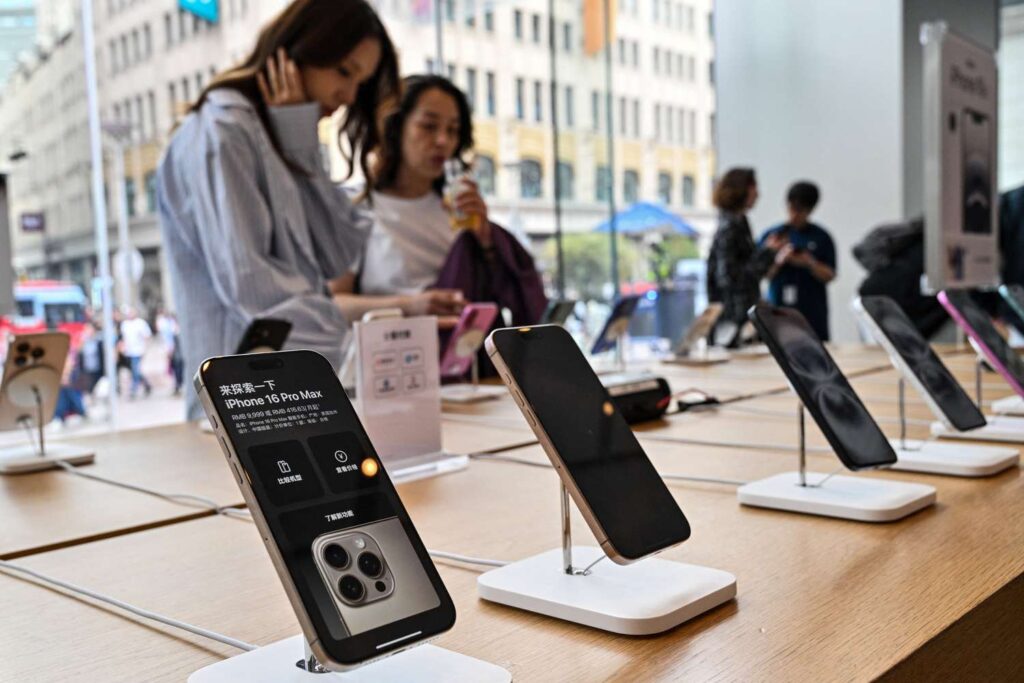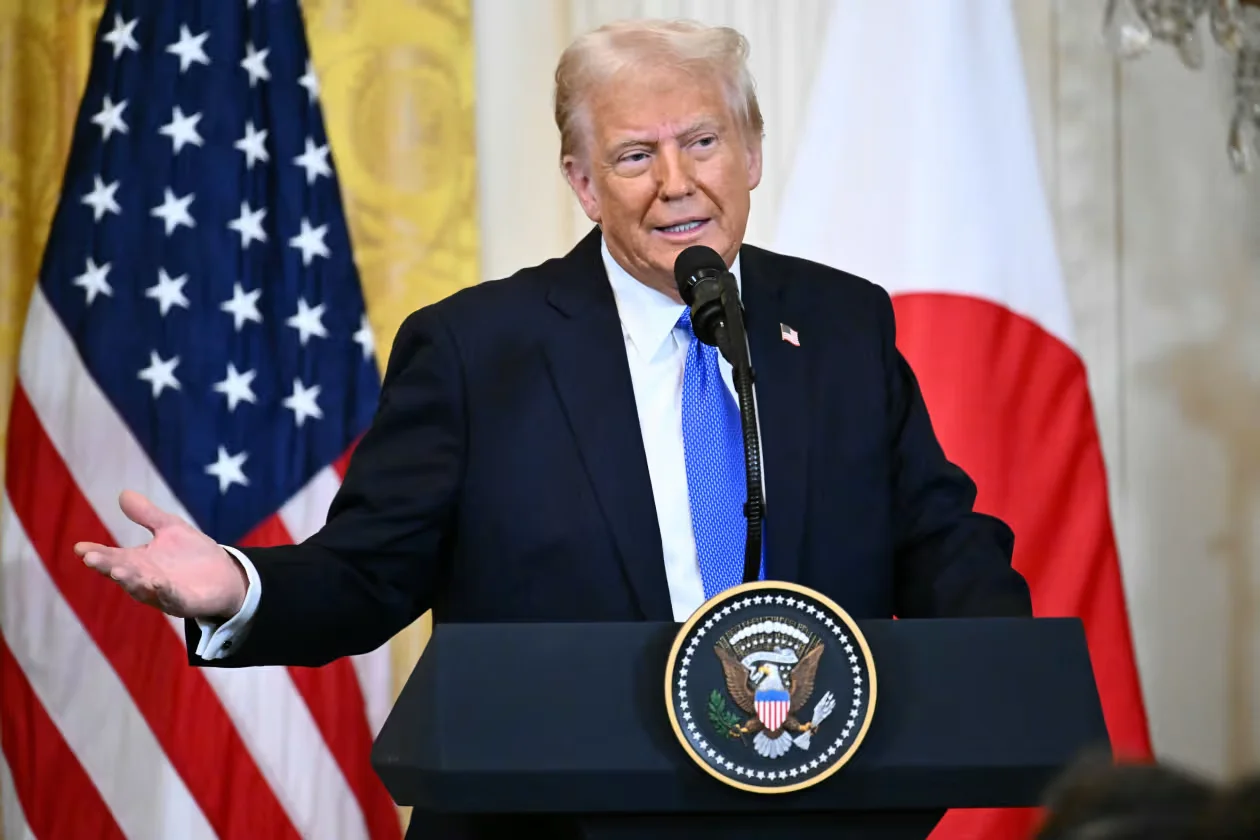In a significant shift in U.S. trade policy, former President Donald Trump’s administration has announced exemptions from high reciprocal tariffs on a range of electronics, including smartphones, laptops, and semiconductors — offering much-needed relief to tech giants like Apple, Dell, and others that rely heavily on global supply chains.
The U.S. Customs and Border Protection (CBP) released a list of 20 product categories now excluded from steep import duties. The exemptions, effective retroactively from April 5, cover crucial technology goods such as computers, disc drives, memory chips, and flat panel displays.
One of the key tariff codes now exempted is “8471,” which includes automatic data processing machines — a broad category that covers most modern laptops and desktop systems.
Relief for the Tech Industry
Analysts have welcomed the decision, with Wedbush Securities’ Dan Ives calling it “the most optimistic signal” for the tech sector in months. “This is a breath of fresh air for companies like Apple, Nvidia, and Microsoft, who have been battling uncertainty due to ongoing trade tensions,” Ives noted.

The exemptions will also benefit companies that assemble products outside of China, such as Apple’s iPhones made in India and semiconductor imports from Taiwan, which are now spared from the 10% baseline tariff imposed on many foreign goods.
Impact on U.S.-China Trade Tensions
While these exemptions reduce some pressure, Trump’s earlier tariffs—linked to the U.S. fentanyl crisis—remain in effect. His reciprocal tariffs on Chinese goods, which had reached as high as 125%, are now the focus of growing domestic and international concern.
A White House official confirmed Trump is preparing a new national security review of the semiconductor sector, which could result in additional duties aimed at encouraging U.S.-based manufacturing.
White House spokesperson Karoline Leavitt emphasized the administration’s strategy: “President Trump is committed to ending American reliance on China for critical technologies. Under his leadership, companies like Apple and Taiwan Semiconductor are accelerating plans to bring production home.”
Tariffs and Consumer Prices
Despite the relief for businesses, U.S. consumers are still grappling with inflation. Economists have warned that without these exemptions, prices on premium devices like Apple’s iPhone could skyrocket from $1,599 to $2,300 due to the tariffs.
In 2024, smartphones were the top import from China, totaling $41.7 billion, followed by $33.1 billion in laptops, according to the U.S. Census Bureau. In response, Apple chartered cargo planes to deliver iPhones from India to the U.S., avoiding the full brunt of the tariffs, Reuters reported.
Balancing Trade Strategy and Market Stability
Trump has repeatedly defended his tariff policies as necessary steps to rebalance global trade. However, critics — including some within his own Republican Party — warn the duties risk triggering a broader economic downturn.
Last week, the administration postponed tariff increases for 57 trade partners and the European Union, holding most at 10% amid ongoing negotiations.
Despite tensions, Trump told reporters during a weekend at his Florida residence that he remains optimistic about future cooperation with China’s President Xi Jinping.
Market Reaction
Financial markets ended the week with mixed reactions. While U.S. stocks closed higher, gold hit a record high, 10-year Treasury yields saw their sharpest weekly rise since 2001, and the dollar tumbled—signaling investor concern over the volatile trade landscape.




